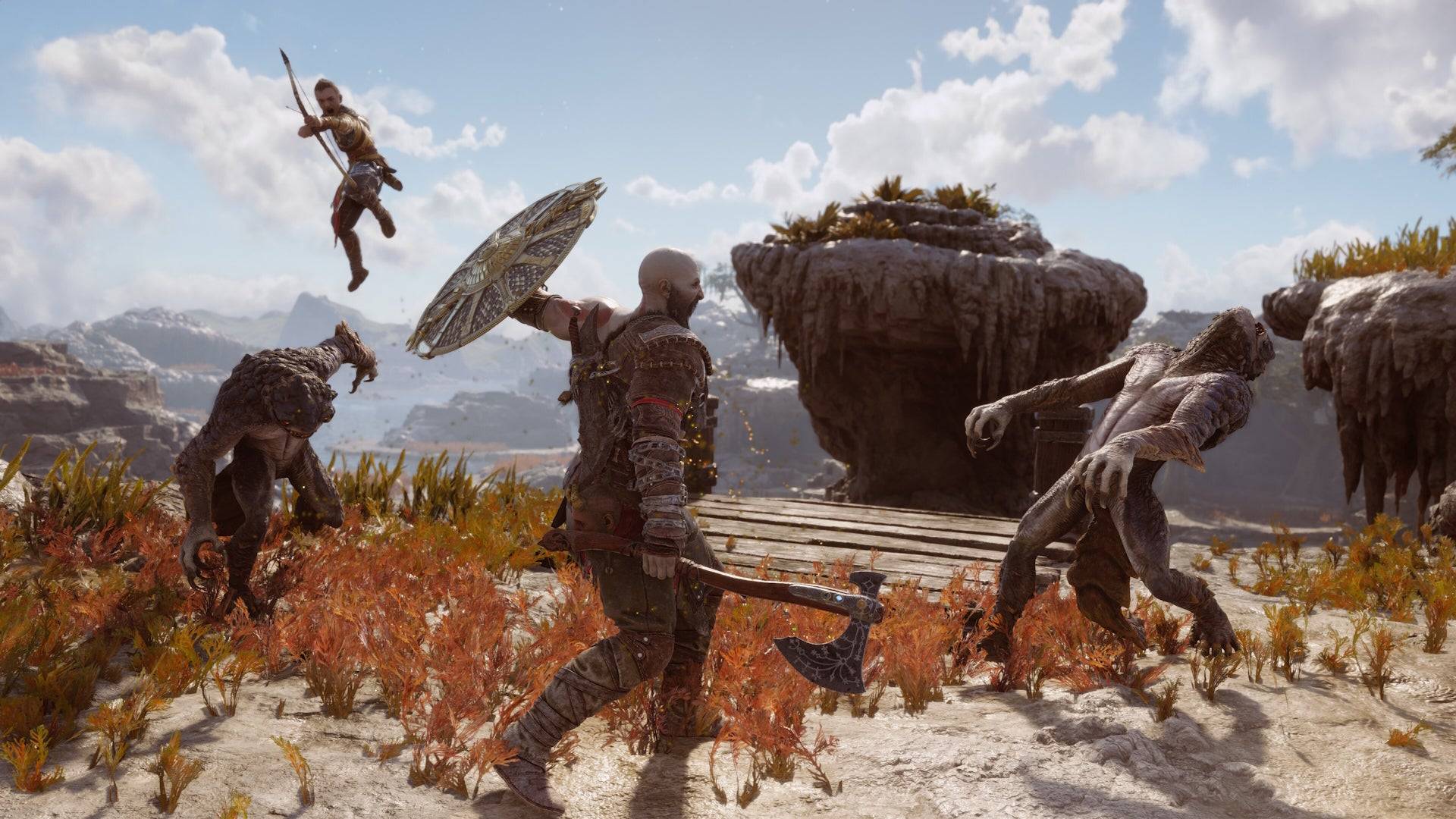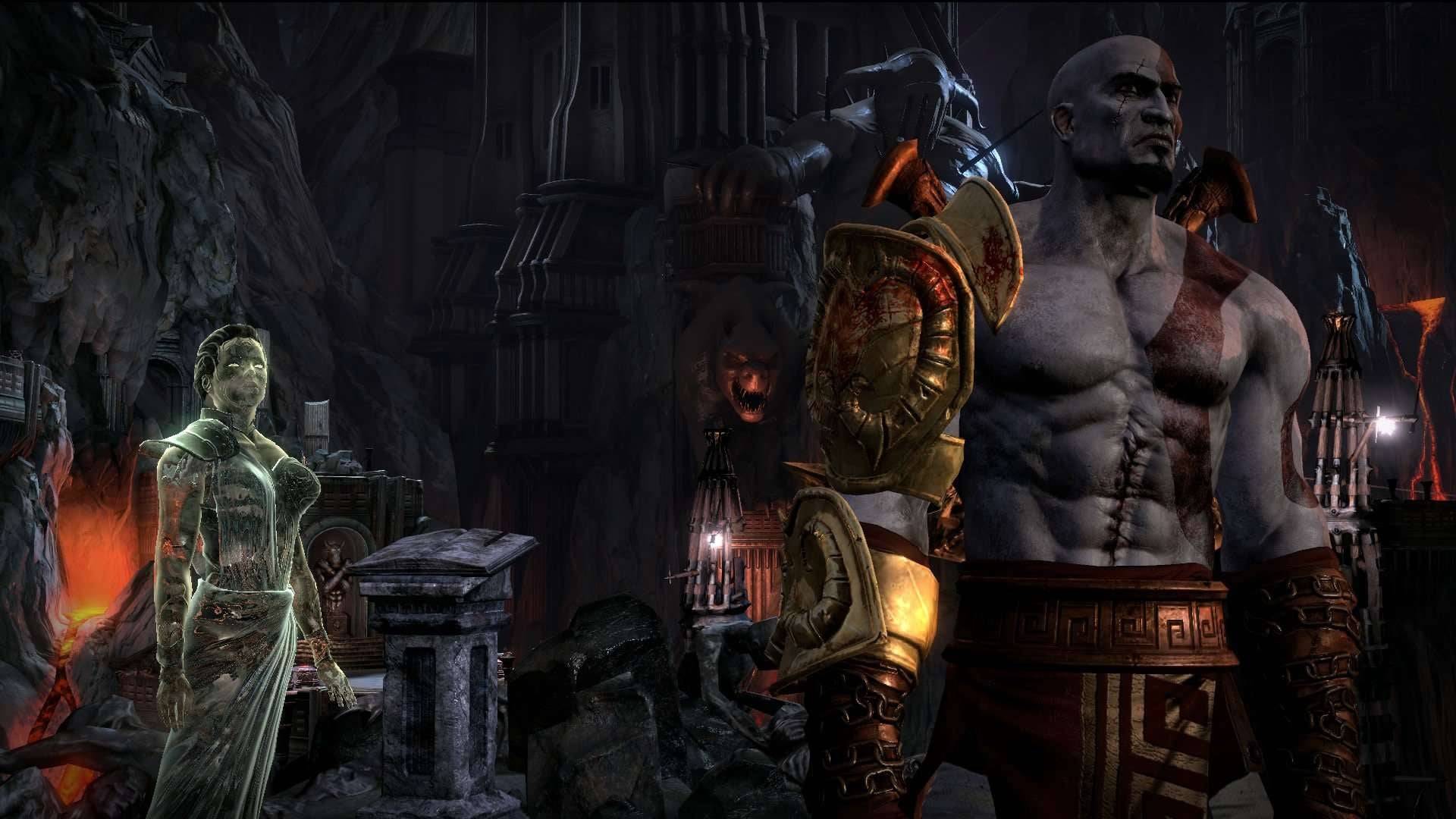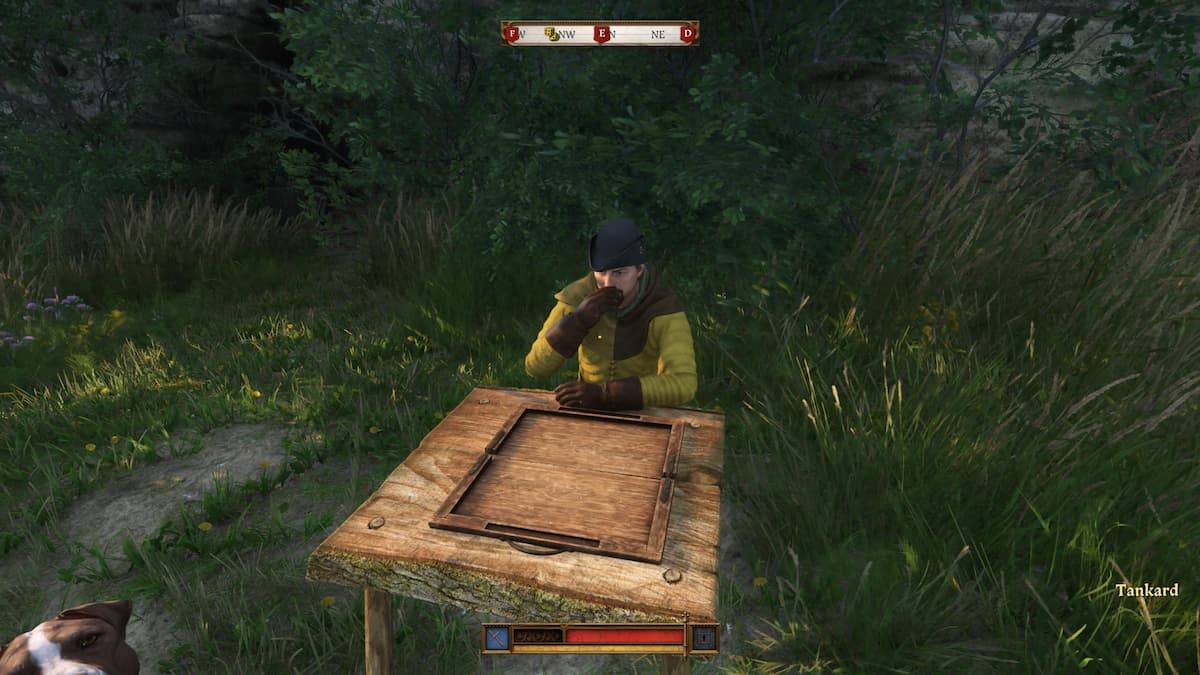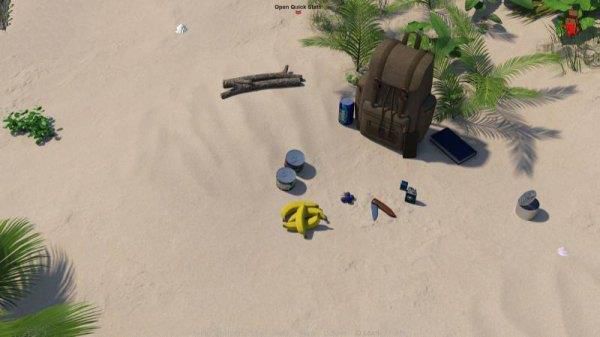The God of War series has been a cornerstone of PlayStation gaming across four generations, captivating players since Kratos' vengeful quest began in 2005. Few could have predicted the journey of this iconic character over the next two decades. While many long-running franchises struggle to remain relevant, God of War has thrived by embracing change. The most notable shift was the 2018 reboot, which transitioned Kratos from the realms of Ancient Greece to the rich tapestry of Norse mythology, revolutionizing both the narrative and gameplay. Yet, even prior to this acclaimed reboot, Sony Santa Monica introduced smaller, yet significant, changes that ensured the series' longevity.
To maintain its success, God of War must continue to reinvent itself. When the series shifted to Norse mythology, director Cory Barlog expressed interest in exploring settings like Ancient Egypt and the Mayan civilization. Recent rumors have reignited speculation about an Egyptian setting, fueled by the allure of its distinct culture and mythology. However, a new setting alone isn't enough; future installments must evolve in the same transformative way the series did when transitioning from the Greek trilogy to the Norse saga.

The series has always embraced change from game to game. The original Greek trilogy evolved over a decade, refining its hack and slash mechanics and reaching a peak with God of War 3 on the PlayStation 3. This final chapter introduced an enhanced magic system and a broader range of enemies, taking full advantage of the console's superior power and offering new camera angles that showcased its graphical prowess.
The 2018 reboot saw the loss of some elements from the Greek trilogy, such as platforming and puzzle-solving, which were adapted to fit the new adventure-focused design and the over-the-shoulder camera perspective. Puzzles remained but were reshaped to complement the new gameplay style.
In the roguelike DLC, Valhalla, for God of War Ragnarök, the series revisited its roots both mechanically and narratively. The battle arenas, a staple of the original games, returned in a form adapted to the Norse setting. This was mirrored in the story, where Kratos confronted his past, symbolizing a full circle in his journey.

The Norse games introduced new mechanics, such as the Leviathan Axe's throwing dynamics, a combat-defining parry system with various shields, and the magical spear in Ragnarök, which added a faster, explosive combat style. These elements enhanced the exploration of the Nine Realms, each with unique foes and environments.
The most significant evolution in the Norse era was in storytelling. The narrative delved deep into Kratos' emotional journey, exploring his grief and strained relationship with his son, Atreus. This more emotive approach, contrasting with the original trilogy's more straightforward storytelling, was key to the Norse games' critical and commercial success.
God of War's shift in both mechanics and storytelling reflects a unique approach to franchise development. The creators view the Norse games not as sequels but as extensions of Kratos' journey, a philosophy that should guide future entries.
The contrasting success of Assassin's Creed, which also frequently changes settings, illustrates the risks of straying too far from a series' core identity. While Assassin's Creed has remained profitable, it has faced criticism for diluting its focus on stealth and narrative coherence, particularly with its shift to open-world RPG mechanics. The series has attempted to reconnect with its roots with 2023's Assassin's Creed Mirage, which was well-received for returning to its foundational gameplay and shorter story.
God of War, however, has navigated its reinvention with finesse, maintaining the essence of Kratos and the series' combat roots while introducing fresh elements. Each new game has built upon the foundation of fiery combat, introducing new weapons, combat options, and narrative depth without losing its identity.
As rumors of an Egyptian setting circulate, the next God of War must continue to evolve, preserving what has made the series successful. The 2018 reboot focused on combat excellence, but future games will likely be judged by their storytelling, the heart of the Norse duology. The evolution of Kratos from a rage-driven warrior to a complex father and leader underscores the importance of narrative in the series' recent success. Whatever comes next must build on this strength while introducing bold changes to define the next era of God of War.








